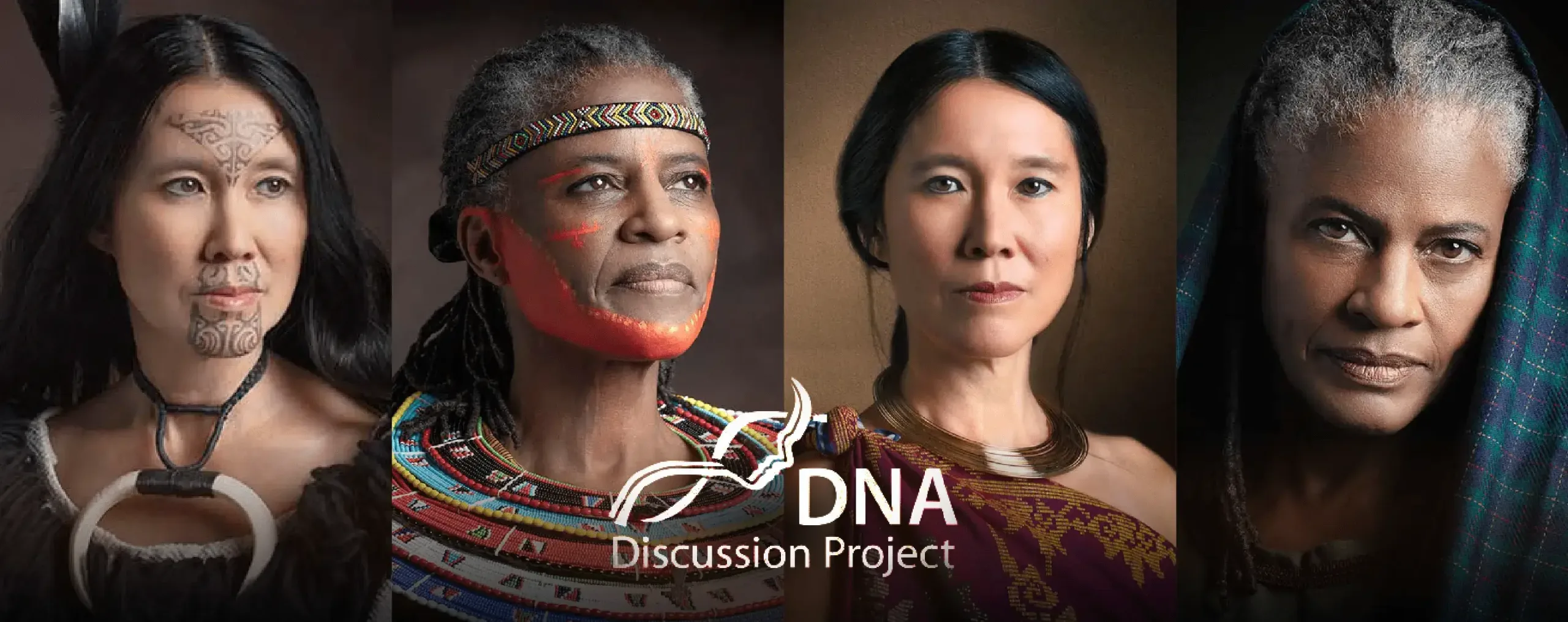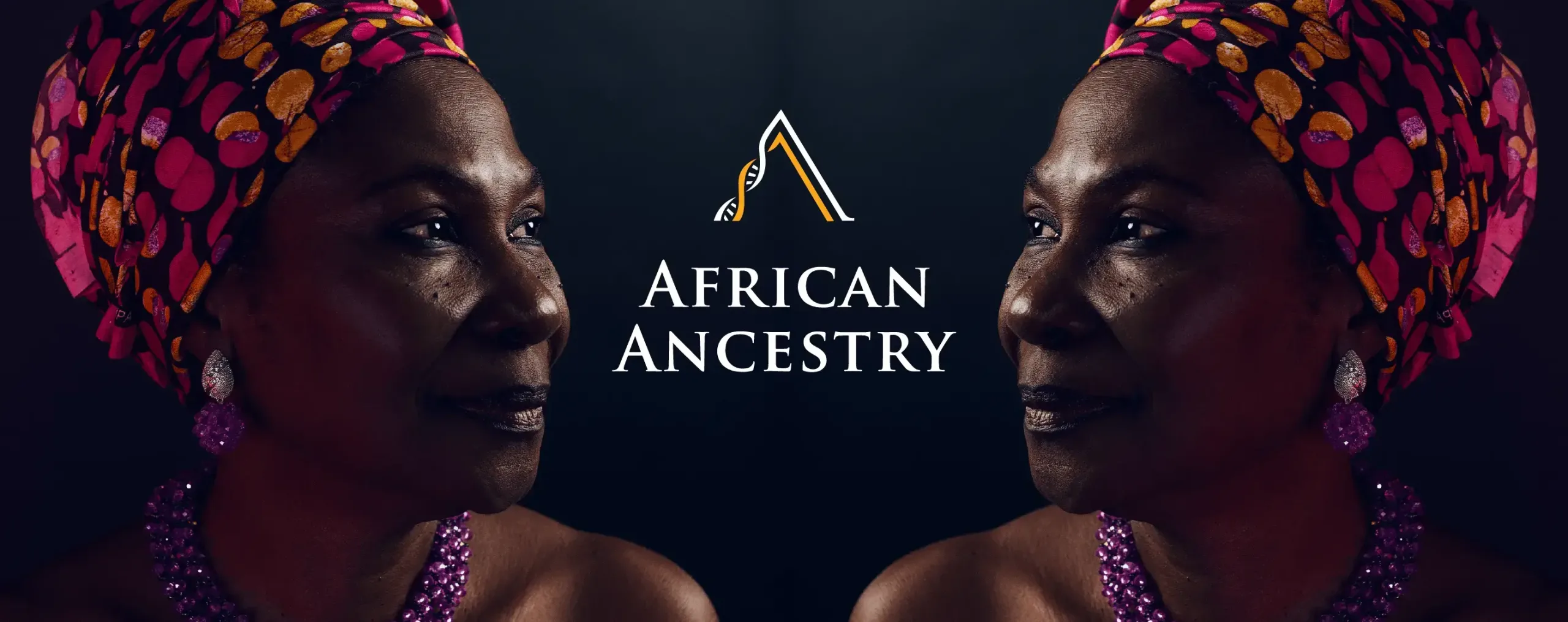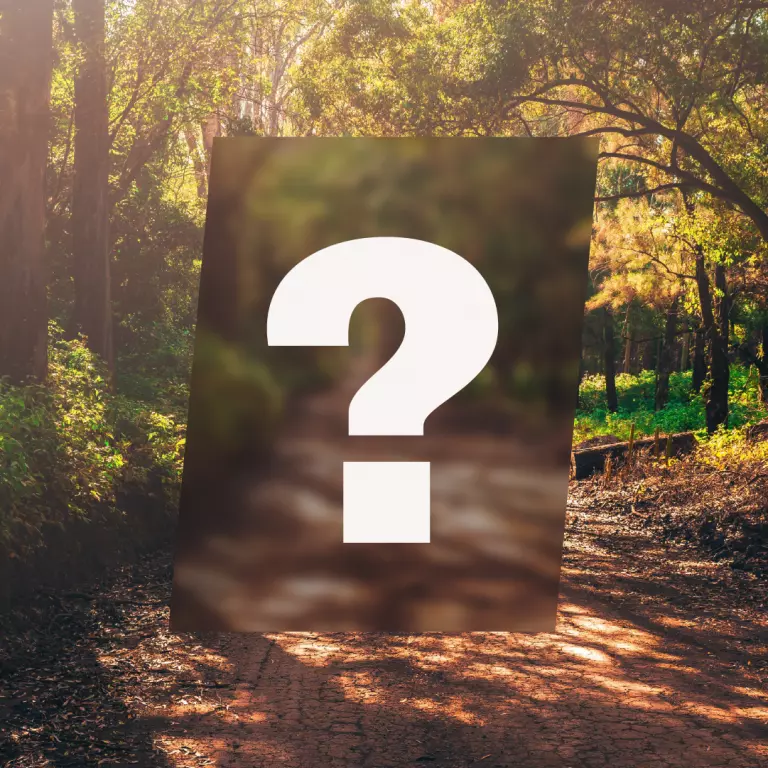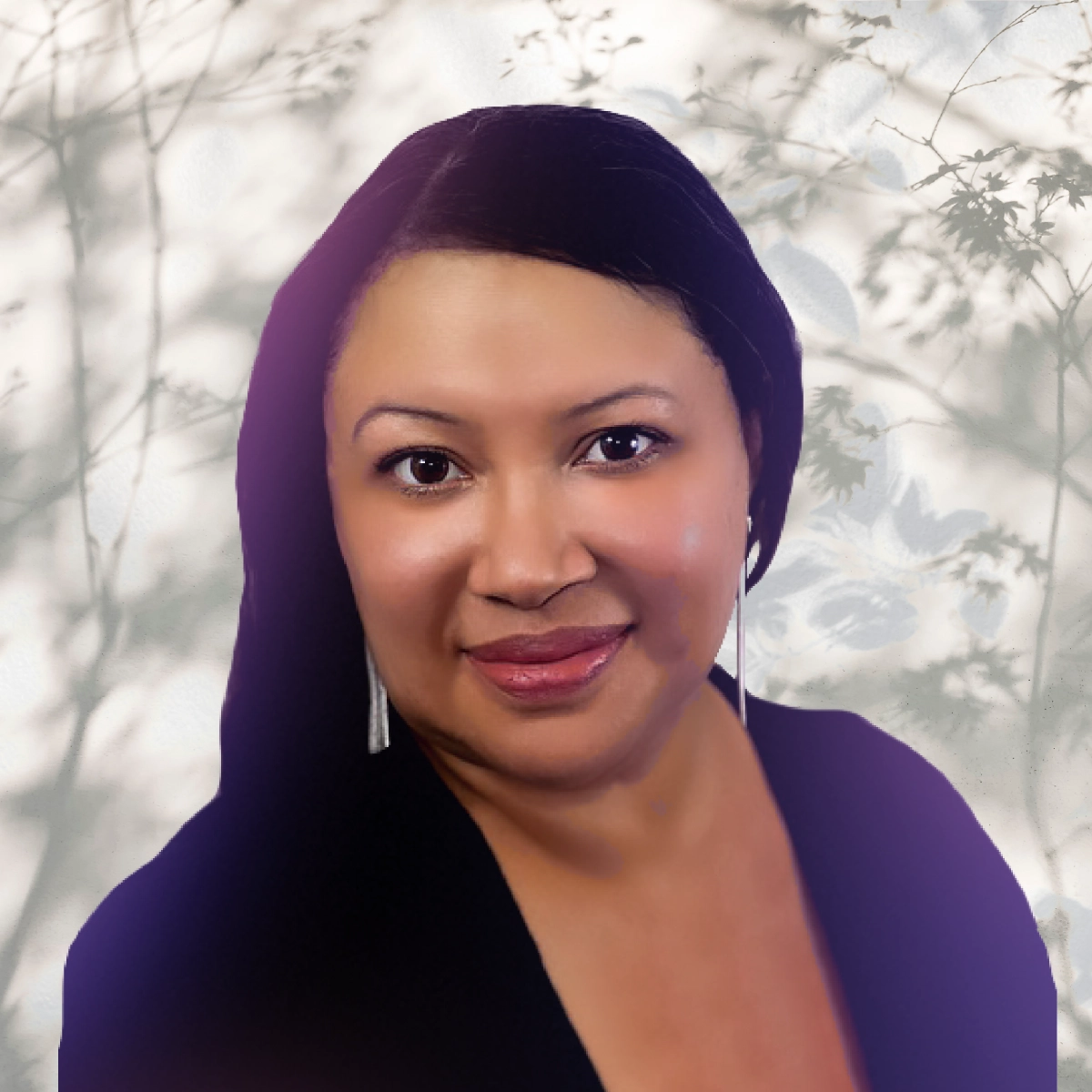Many individuals of mixed identity can relate to the resentment or confusion produced by checking off racial categories from data collection entities like the U.S. census. Many within a diaspora do not understand their ethnic origins but are often forced to work with constricting identity labels.
However, with pressure from scholars like Joel Perlmann and Mary C. Waters, who co-wrote, The New Race Question: How the Census Counts Multiracial Individuals, the U.S. Census Bureau has made an initiative to improve data collection about ethnicity. The census is critical as many governmental actions like community funding, redistricting, and city planning revolve around the data the census provides. Despite their efforts, the 2020 census still raised many concerns about its efficacy in incorporating people of color. The 2020 Post-Enumeration Survey (PES), which performs a quality check of the census, reported a significant undercount for people who identify as Black, Indigenous, and Latino. The Latino undercount specifically tripled from the previous census in 2010. Nonetheless, even in an ideal world in which the census count was flawless, there is still the issue that many individuals of mixed backgrounds do not have a clear picture of their ancestry. How is one to report their ethnic authenticity? Here are a few reasons why you should get in touch with your roots and resources to responsibly go about it.
Taking an interest in your Genealogy
Knowing yourself is crucial to personal well-being, and a significant part of your identity includes your ancestral lineage. The sad truth is that many people of mixed identities come from colonized systems in which part of their ancestry has been oppressed in ways that have erased the complexity of their roots. Not only have historically marginalized groups been ripped away from the lands they once knew as home, but they have often been prevented from education and literacy, which are critical elements in preserving ancestral narratives. Yaa Gyasi touches on this problem in her novel Homegoing, which explores two African lineages that have been separated and terrorized. She writes, “We believe the one who has power. He is the one who gets to write the story. So when you study history, you must ask yourself, whose story am I missing? Whose voice was suppressed so that this voice could come forth? Once you have figured that out, you must find that story too. From there, you get a clearer, yet still imperfect, picture.” This is a critical message to consider when the mixed soul seeks to connect with their genealogy. Many of us have inherited generational trauma, and to facilitate ancestral healing, it is imperative to find that suppressed part of your soul and bring those ancestors their due justice. For those of you ready to delve into your family tree, where do you begin?
DNA Tests
A popular route to learn about your diaspora is direct-to-consumer DNA tests like that of AncestryDNA or 23andMe. These services take a sample of your saliva, analyze your DNA within their database of genomes and report to you what your ethnic makeup is by percentages. On the face of it, these services sound intriguing, especially if you have little to no insight into your ancestral lineage. However, one of the biggest concerns about AncestryDNA and 23andMe is that your DNA can be at risk for exploitation.
Companies can sell your DNA data to third parties and make huge profits, which, as writer Laura Spinney points out in her article in the Guardian, alarmingly resembles the story of Henrietta Lacks. Upon the passing of Lacks in 1951, doctors removed peculiar cells from her body without her family’s permission and used them in research that has led to a profound shift in medicine and has helped millions of patients. However, Lacks’ family had not been compensated despite all the profit from her invaluable cells. DNA services have claimed that they take your privacy seriously, but many are skeptical of the legitimacy of their claims. Consumer reports did a deep dive into the data collecting of services, including AncestryDNA, 23andMe, as well as a handful of others, and found that they collect and share more data through their apps than what they advertise.
In addition to privacy issues, there are concerns about the service’s accuracy. Many of these services rely on their reference populations and are based on regional data. This means that if your ethnic background is underrepresented in collections, it could lead to less accurate results. This is important to consider if you are of mixed identity, for some services may not have the most critical data on you. Geneticist Adam Rutherford from Scientific American questions the legitimacy of ethnic estimates entirely. He asserts that as far as finding relatives, DNA tests are highly reliable, but when it comes to knowing your ancestral roots, “DNA will tell you little about your culture, history, and identity.” Rutherford makes this claim because DNA tests rely on where your DNA matches are located geographically to infer your ancestral roots. Though some have argued that AncestryDNA and 23andMe provide the most accurate overall results, it does not mean you should not be skeptical. Here are some options for those looking to support other services that may be of better use to you or your community.
African Ancestry
If you suspect your heritage is of the African diaspora, then African Ancestry can be a better route than the mainstream services. African Ancestry has the largest database of African genetic sequences and is entirely Black-owned. Moreover, they responsibly remove 100% of your DNA once the results arrive to protect your privacy. Lastly, they are very transparent with their goal to unite and improve members of the African diaspora.
West Chester University DNA Discussion Project
Founded by Dr. Anita Foeman, the DNA Discussion Project at West Chester University goes beyond the traditional DNA test by connecting you with an academic community that mutually explores and learns narratives of identity. Not only do you learn about your genetic makeup, but you also join the ongoing conversation of what it means to be you in a way that benefits not only yourself but the community at large.

BlackInGenetics
BlackInGenetics is a platform that has created a community that empowers Black-identifying geneticists. Dismantling systemic racism and combatting racial inequity is part of their mission, and they are worth a look if you wish to connect firsthand with knowledgeable geneticists.
Tracing Indigenous Ancestry (Specific to North America)
The Bureau of Indian Affairs provides a website with various resources for tracking one’s Indigenous ancestry. These resources include connecting with an Indigenous tribe, researching your genealogy, and other sources to look into for ancestral information.
Another source to check out for Indigenous populations is the National Indian Law Library. This site also provides a comprehensive list of resources that can accommodate your interests, including tribal research, genetic testing, and even guides on researching your genealogy itself!

Exploring Homelands
If you are entirely skeptical of DNA testing, then perhaps you can follow in Derecka Purnell’s footsteps and educate yourself with the cultural customs, stories, or history of what calls your soul the most. With talks of genomes and ethnic percentages, it can be easy to overlook what truly matters: getting in touch with the spirit of ancestral love that gave way to your personal beauty. Traveling to different lands of your diaspora and personally connecting with individuals is empowering in its own right. For those without the means of travel, seeking a community of like-minded individuals interested in ancestry may be all that one truly needs. After all, your ancestral wisdom is carried within you at all times, whether you are consciously aware of it or not. With the right intentions to connect with your ancestors, you may need to listen to your heart and connect with another soul that can help reflect your inner truth. As Gyasi pointed out, searching your ancestry may provide an imperfect picture, but it is nonetheless a picture you can and ought to control in painting. It all starts from within.





